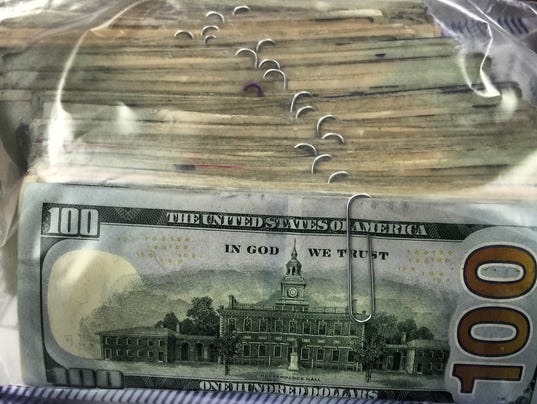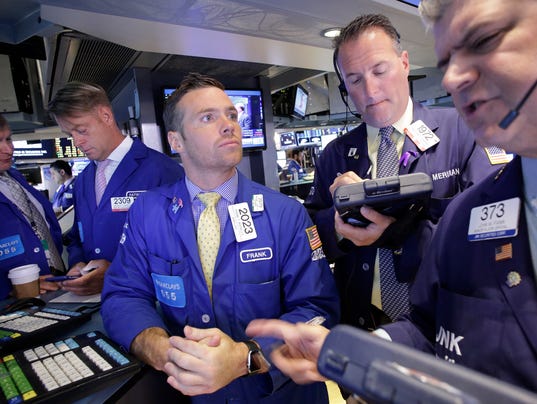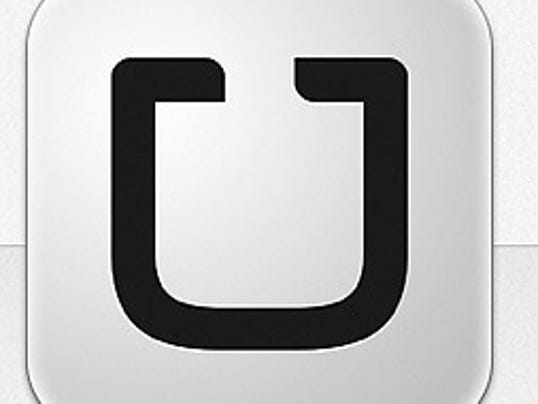DENVER – A Colorado-based credit union created to serve the country’s fast-growing legal marijuana industry sued banking regulators on Thursday after being denied access to the nation’s electronic banking system.
The Fourth Corner Credit Union won organizing approval from Colorado regulators in November, and organizers quickly asked theFederal Reserve in Kansas City in grant it a master account number, allowing it to make electronic funds transfers like any other bank or credit union. The Federal Reserve in Kansas City this month rejected that request because the National Credit Union Administration refused to grant deposit insurance to Fourth Corner. The NCUA is an independent federal agency that charters and supervises credit unions.
The Fourth Corner on Thursday sued both the Federal Reserve in Kansas City and the NCUA, asking a federal judge to overturn their decisions.
The conflict highlights a growing concern for state-level regulators who have seen voters repeatedly approve legal recreational and medical marijuana across the country. Fourth Corner managers say the banking system needs to reflect reality.
"The majority of (marijuana related businesses) are forced to operate in cash only, and to suffer the high cost of handling and safeguarding this cash. The public is at risk in having hundreds of millions of dollars of cash flowing about the streets of Colorado," Fourth Corner wrote in its dual lawsuits. "The ‘seed-to-sale’ state and municipal regulation of cannabis works – until the point of sale when a sale generates cash."













